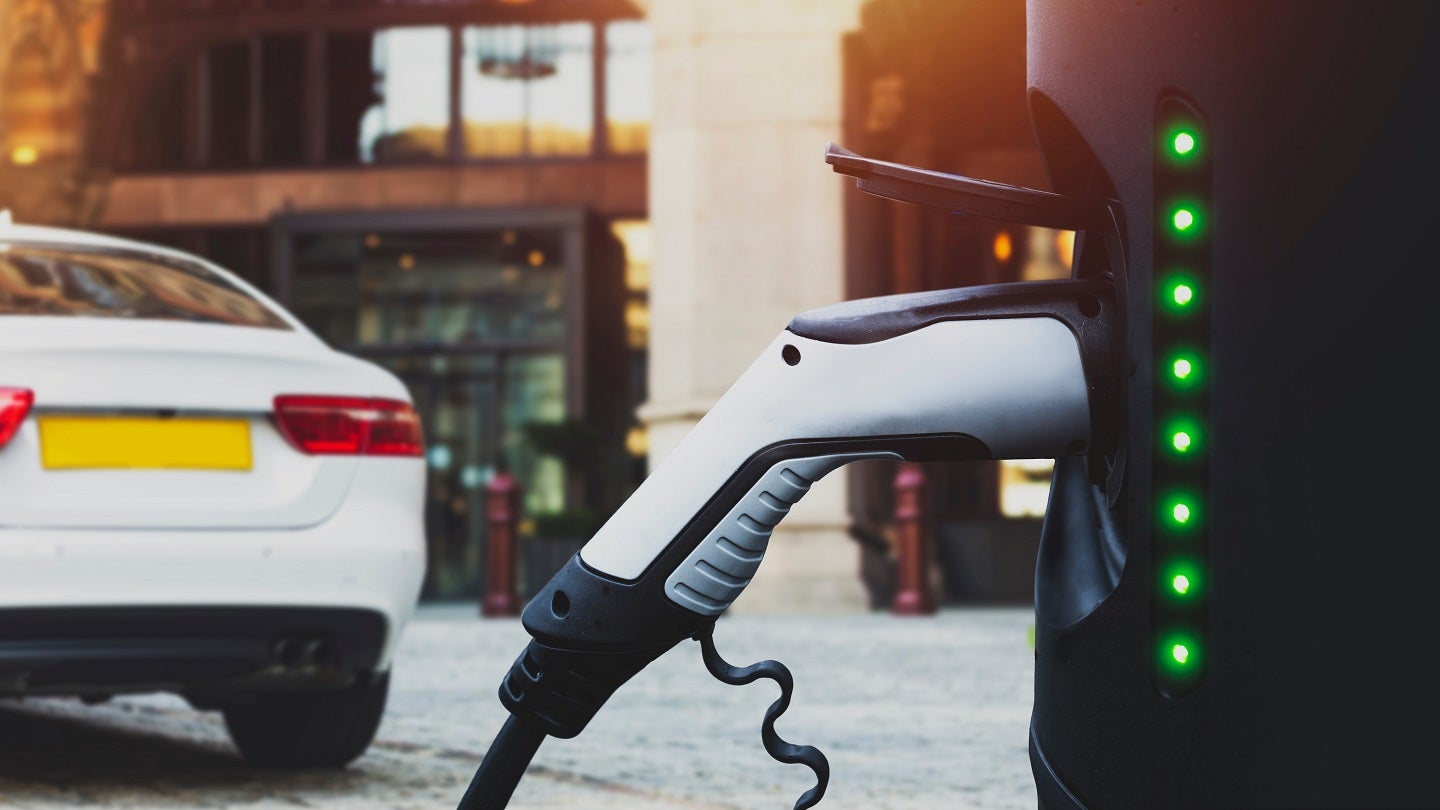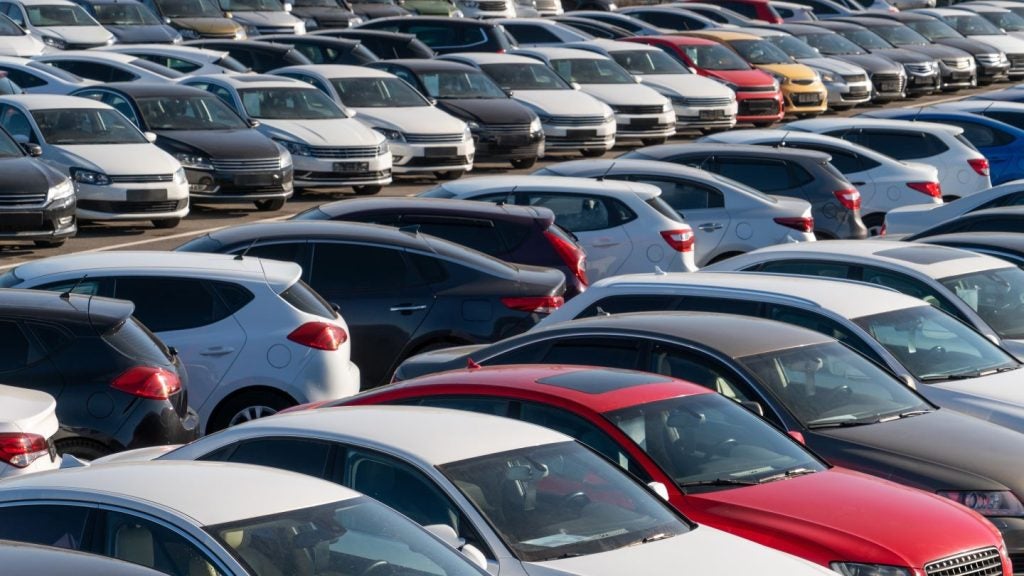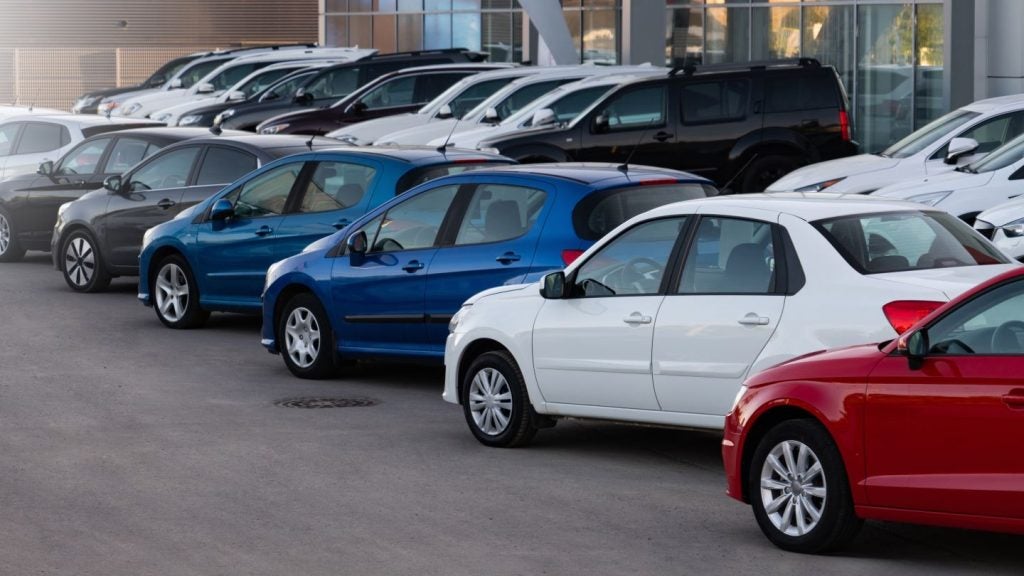
UK fleet managers are accelerating their transition to electric vehicles (EVs), aiming for full electrification within an average of four years, according to research by Lex Autolease.
This marks a reduction from the seven years anticipated in a previous survey from July 2023 and comes despite the UK Government’s postponement of the internal combustion engine (ICE) ban to 2035.
Lex Autolease’s bi-annual research, which surveyed 100 UK fleet managers operating fleets of over 100 vehicles, indicates an increase in EV adoption, with 86% of fleets growing or maintaining their EV numbers over the past year, a 20% rise from the previous survey.
The ‘Future of Transport’ report aims to shed light on the changing travel habits and preferences of UK drivers and fleet managers.
Over half (57%) of the managers surveyed view the shift to EVs as crucial for achieving sustainability goals, and 50% believe it enhances their business’s sustainability image, particularly when responding to tenders.
Employee engagement and recruitment are also seen as key benefits by 50% of the respondents.
How well do you really know your competitors?
Access the most comprehensive Company Profiles on the market, powered by GlobalData. Save hours of research. Gain competitive edge.

Thank you!
Your download email will arrive shortly
Not ready to buy yet? Download a free sample
We are confident about the unique quality of our Company Profiles. However, we want you to make the most beneficial decision for your business, so we offer a free sample that you can download by submitting the below form
By GlobalDataThe top motivators for investing in EVs include employee engagement (30%), the adoption of new technology (24%), and the reduced noise pollution from EVs (23%).
These factors were prioritised over lower maintenance costs (20%) and cheaper running costs compared to petrol or diesel vehicles (20%).
Following the ICE ban delay, 64% of fleet managers are more inclined to consider EVs or add more to their fleets.
Meanwhile, 57% of respondents feel that policymakers are doing enough to encourage businesses to switch to EVs, marking an 11% increase from the last survey.
However, fleet managers still face barriers to EV adoption, with the top challenges being the availability of second-hand EVs (21%), charging times (21%), charging point accessibility (20%), the logistics of home charging point installation (20%), and lack of staff engagement (20%).
These findings suggest a demand for the second-hand EV market and highlight the complexity of employee attitudes towards EV adoption, influenced by the variability in home charging options.
The research also outlines desired policy changes, with fleets favouring additional investment in on-site charging infrastructure (24%), funding for on-road infrastructure for home charging (23%), and further tax reductions for businesses that adopt EVs (22%).
Lex Autolease managing director Nick Williams said: “Businesses continue to lead the way in the UK’s electrification journey, remaining dedicated to the adoption of cleaner and greener vehicles despite significant changes to government policy.
“This is largely because they are unwavering on their own commitments. Switching to electric is helping them to make progress towards their sustainability targets, boost their green credentials for competitive tenders and enhance their propositions for current and prospective employees.
“But barriers remain, and further action is still needed to help fleet managers make long-term purchasing decisions and generate universal confidence in making the switch. A rapid and fair charging infrastructure roll-out, an enduring commitment to the ZEV mandate, clarity on Benefit in Kind rates beyond 2028, better information for would-be EV drivers and a new national battery strategy must be the top priorities.”







